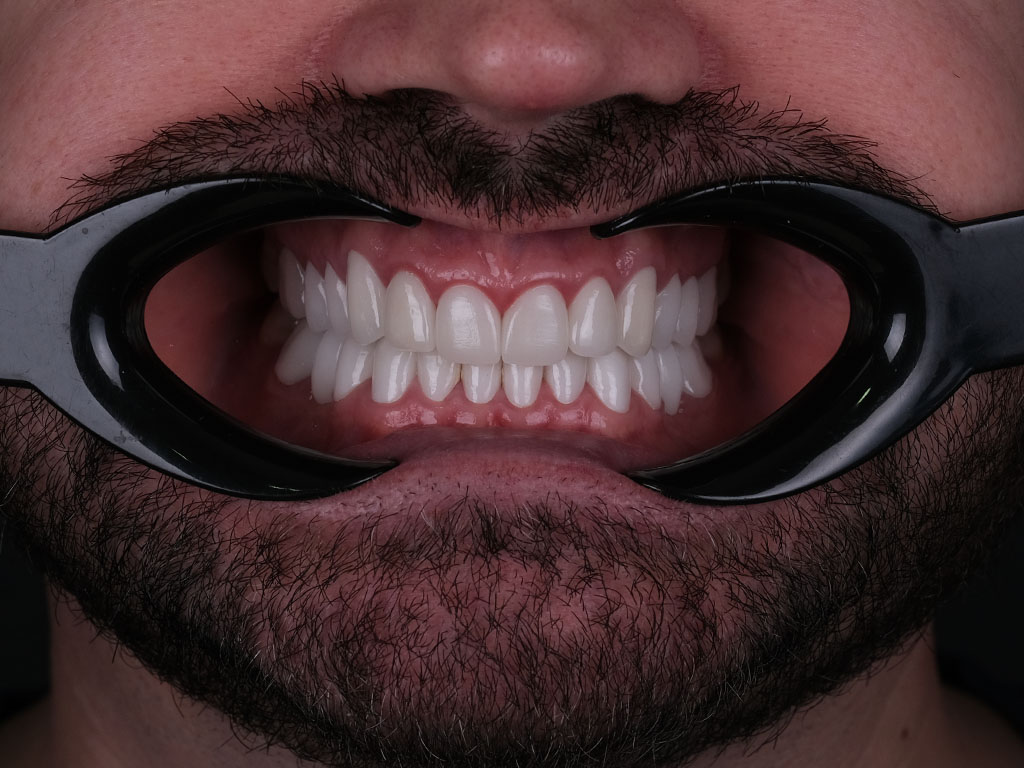What is E Max Coating?
E Max Coating: Special ceramics are used in dentistry to give patients realistic, natural-looking smiles.
High aesthetics and a natural appearance,
• Long-lasting quality,
• Variety of colors,
• Compatibility with the human body.
Yellowed Teeth: Say goodbye to yellowed teeth with E-Max veneers. Transparent E-Max veneers are highly resistant to breakage and bending, offering you new teeth with perfect aesthetics in place of your discolored teeth.
Crooked Teeth: E-Max aesthetic teeth are a preferred treatment for restoring the structure and shape of crooked teeth, especially in the front area. They provide optimal aesthetic results when designing smile aesthetics in the front area.
Root Canal Treated Teeth: Teeth treated with root canal therapy are prone to being fragile. E-Max veneers not only provide aesthetic perfection but also serve as a good option for repairing weak teeth with fragile structures that have undergone such canal treatment.
Broken Teeth: Teeth broken due to extensive decay or trauma can be treated with E-Max dental veneers.
E-Max dental veneer is particularly preferred for front teeth, holding the first place among coating materials applied to provide dental aesthetics.
Full ceramic dental veneers that achieve ideal harmony with a person's own teeth are used as the most natural material in terms of light reflection for aesthetic purposes. Even under different light sources, they maintain a similar appearance to natural teeth.
In E-Max dental veneer applications, there is no metal substructure in the material. It does not interact with the gums, unlike metal, ensuring a natural external appearance. With this feature, it is a material similar to zirconium dental veneers.
E-Max veneer is made of glass ceramic. The material has sufficient durability against chewing forces. Coatings made with lithium disilicate are resistant to chewing forces and can be used without any problems.
The system is produced using the CAD CAM milling system, using a high-quality monolithic lithium disilicate block.
Due to its ability to be applied very thinly, the material allows for less tooth reduction. As a result, teeth are less sensitive.
